
New materials could boost the energy efficiency of microelectronics
By stacking multiple active components based on new materials on the back end of a computer chip, this new approach reduces the amount of energy wasted during computation.

All promotions and appointments will take effect July 1, 2025.

By determining how readily electron pairs flow through this material, scientists have taken a big step toward understanding its remarkable properties.

Berggren, who develops technologies to push the envelope of what is possible with photonics and electronic devices, succeeds Joel Voldman.
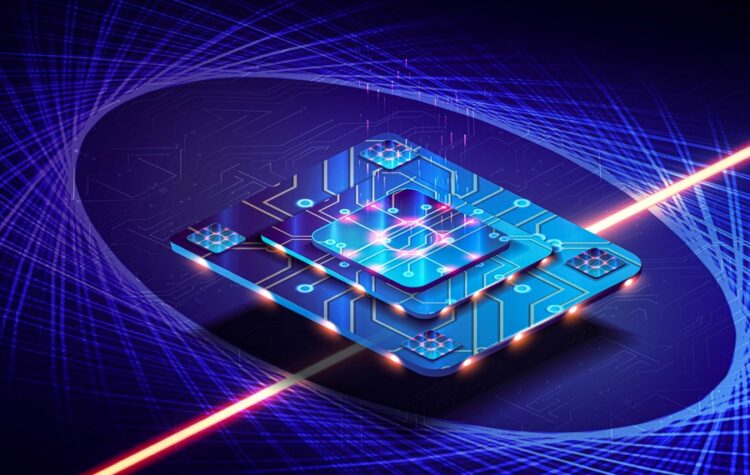
Nanoscale transistors could enable more efficient electronics
Researchers are leveraging quantum mechanical properties to overcome the limits of silicon semiconductor technology.
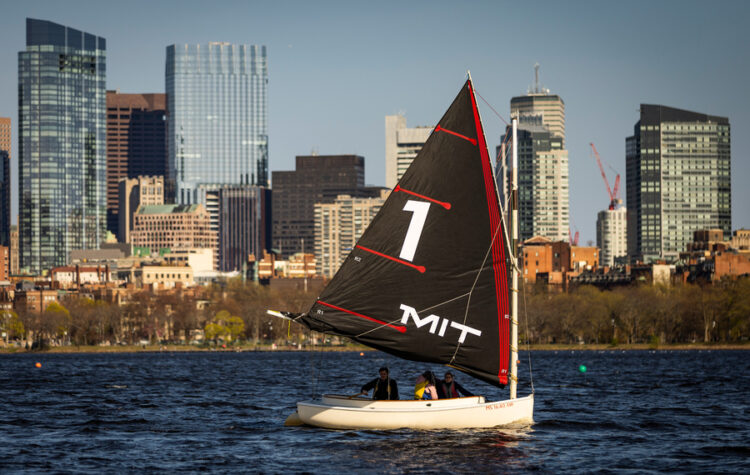
Ranking at the top for the 13th year in a row, the Institute also places first in 11 subject areas.
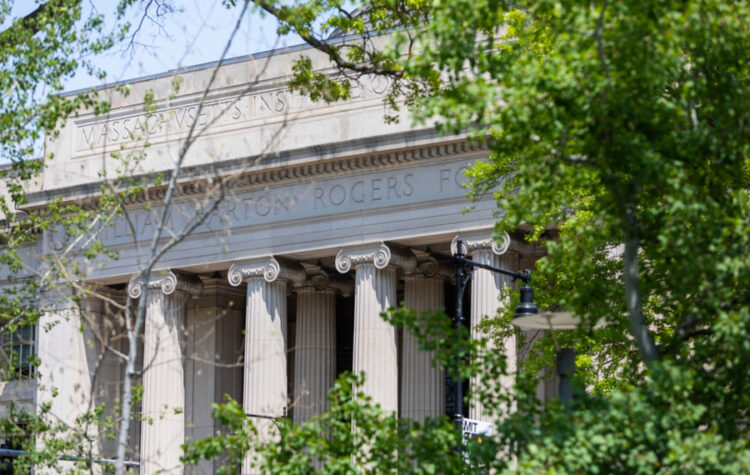
The Institute also ranks second in five subject areas.
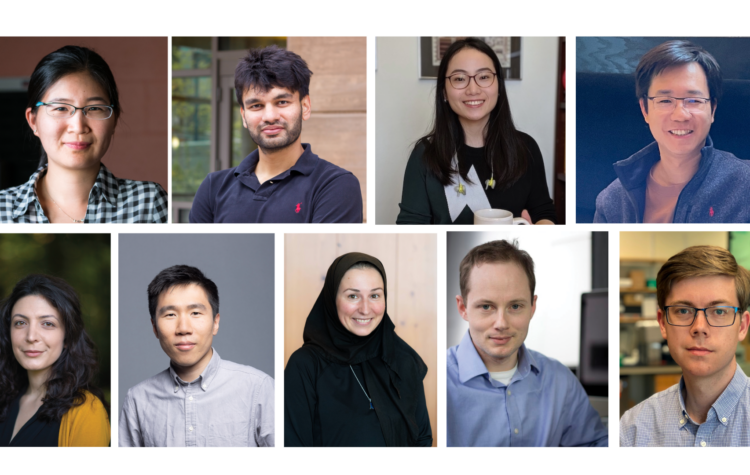
Department of EECS Announces 2024 Promotions
The Department of Electrical Engineering and Computer Science (EECS) is proud to announce multiple promotions.
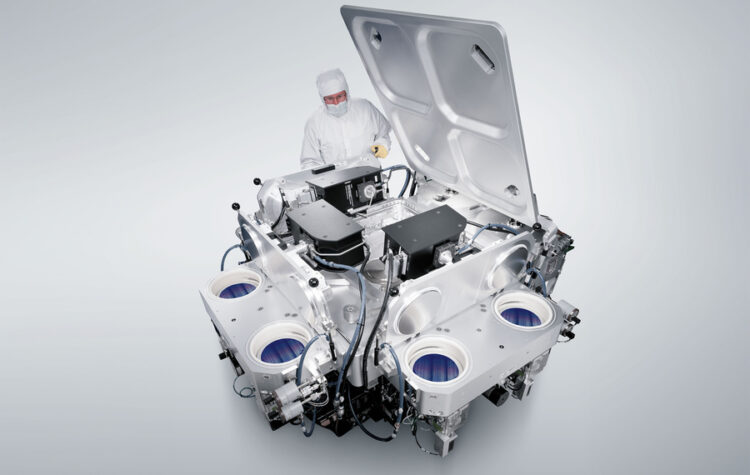
The advanced fabrication tools will enable the next generation of microelectronics and microsystems while bridging the gap from the lab to commercialization.
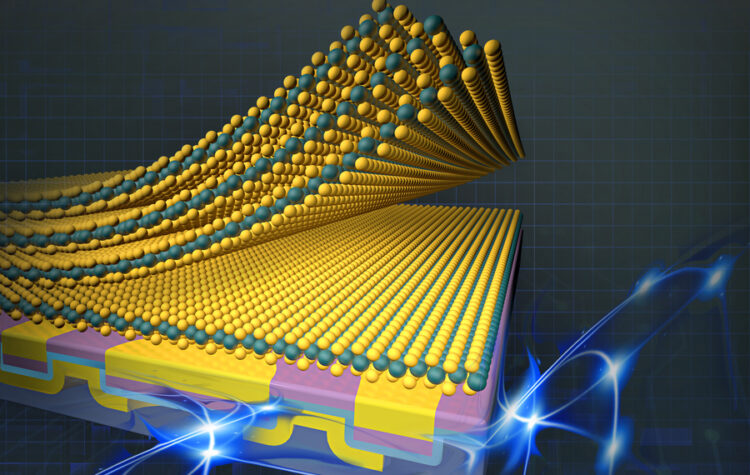
Researchers safely integrate fragile 2D materials into devices
The advance opens a path to next-generation devices with unique optical and electronic properties.